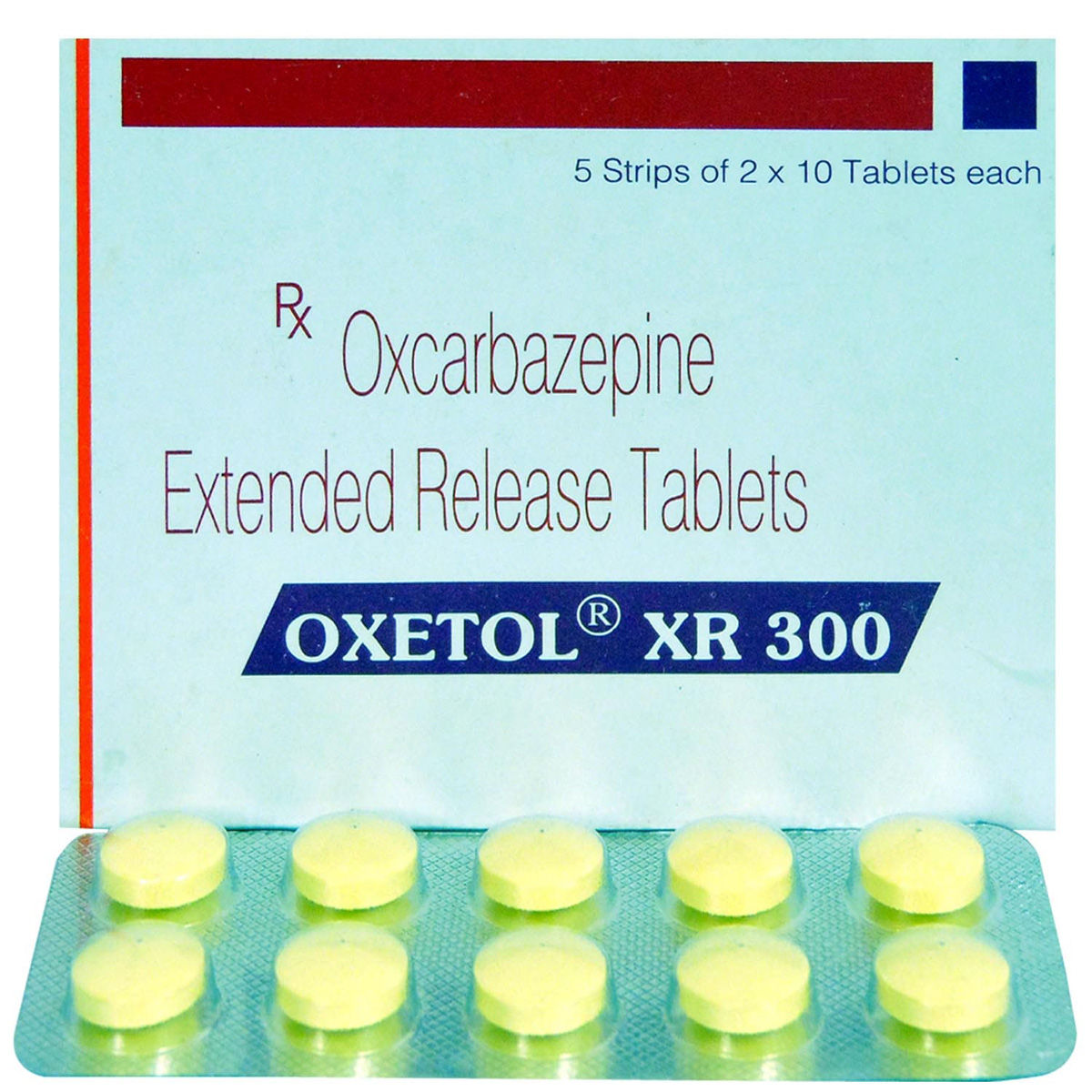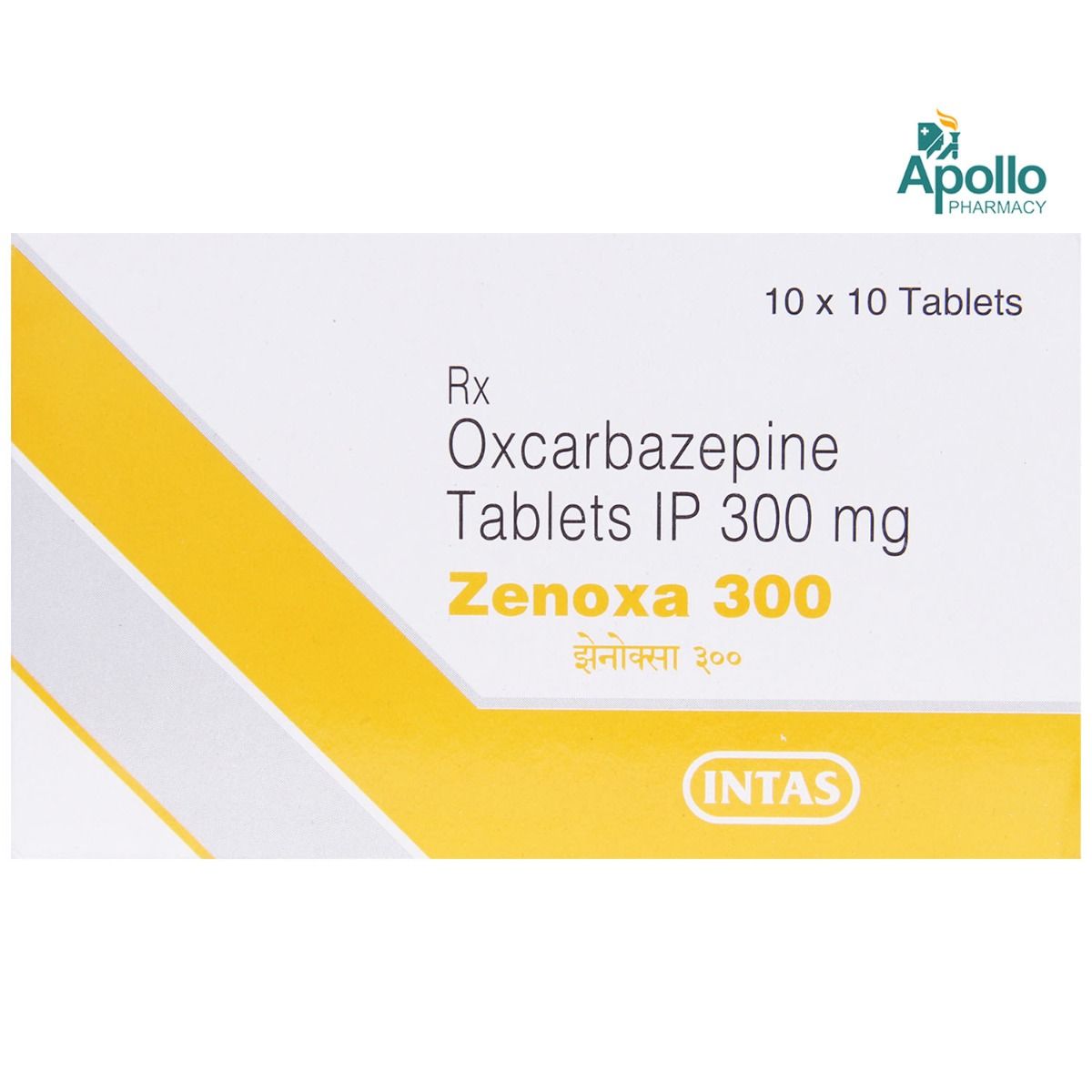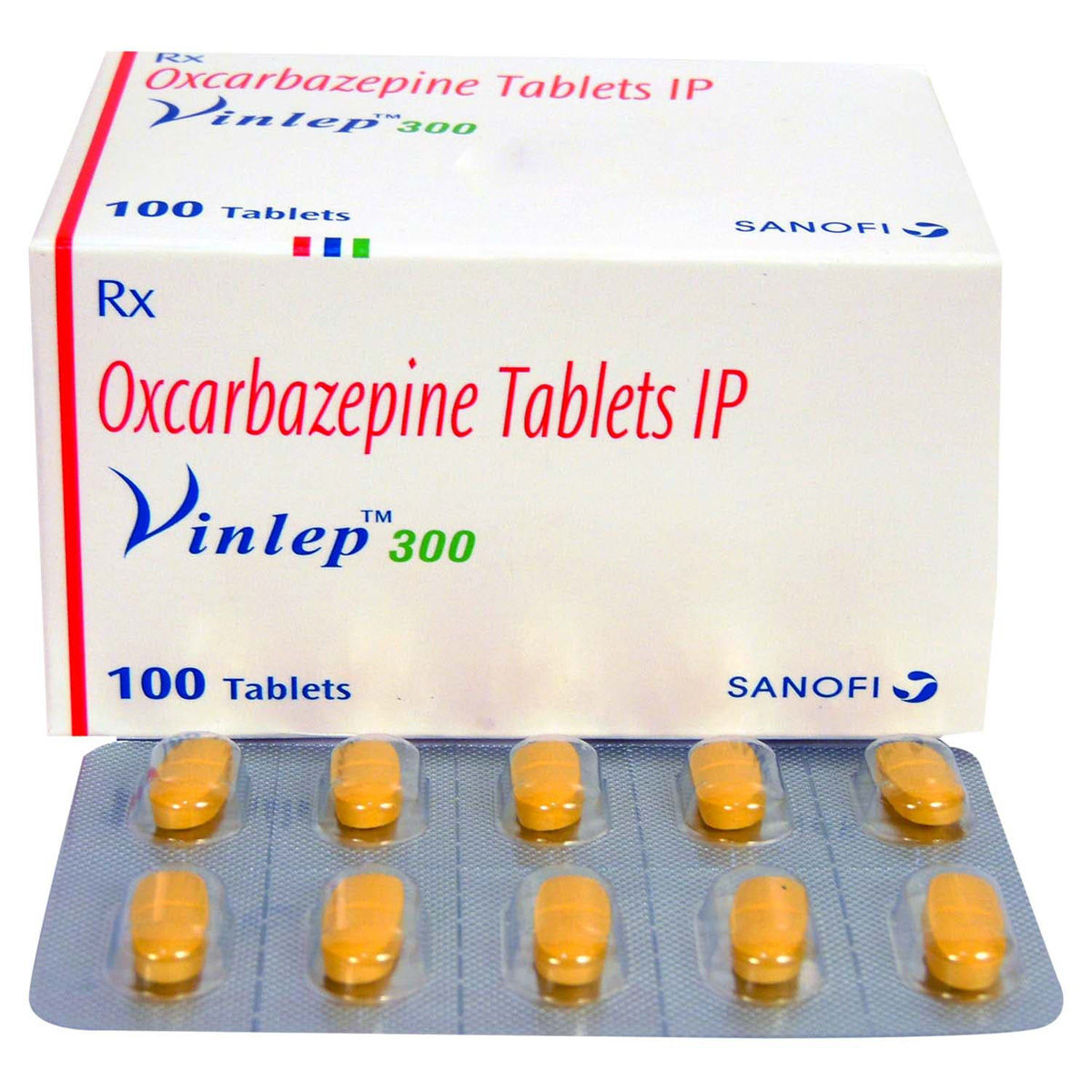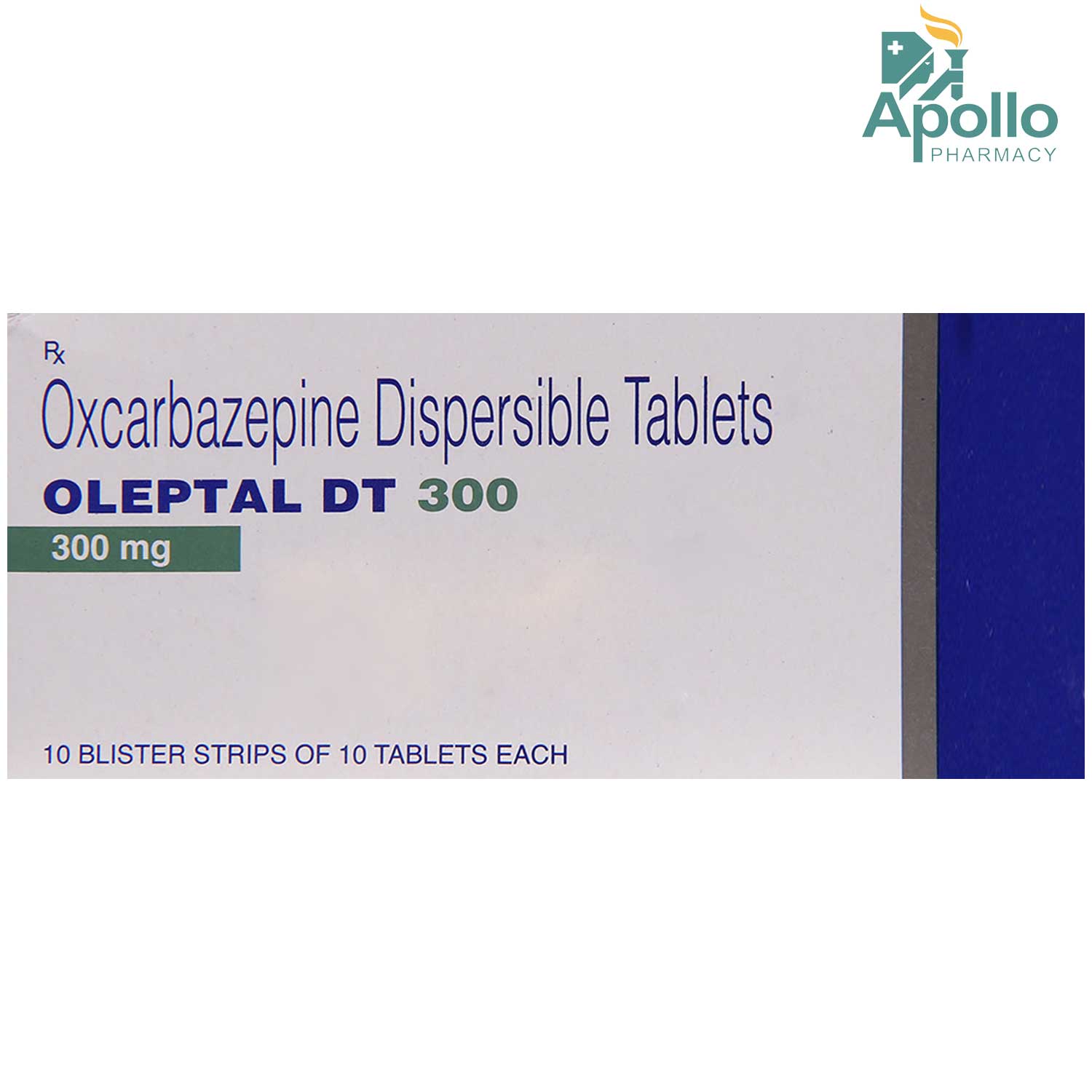Cubaz 300mg Tablet SR
₹104.04*
MRP ₹115.6
10% off
₹98.26*
MRP ₹115.6
15% CB
₹17.34 cashback(15%)
Free Delivery
With Circle membership
(Inclusive of all Taxes)
This offer price is valid on orders above ₹800. Apply coupon PHARMA10/PHARMA18 (excluding restricted items)
Know Your Delivery Time
Provide Delivery Location

Whats That

Secure Payment

India's Most Trusted Pharmacy

Genuine Products
Composition :
Manufacturer/Marketer :
Consume Type :
Return Policy :
About Cubaz 300mg Tablet SR
Cubaz 300mg Tablet SR belongs to a group of medicines called anti-convulsants or anti-epileptics used to treat epilepsy/seizures/fits. Epilepsy is a central nervous system disorder characterized by a sudden rush of electrical activity in the brain, leading to seizures, unusual behaviour, and loss of awareness.
Cubaz 300mg Tablet SR works by reducing the attacks of seizures or epilepsy by decreasing the nerve impulses that cause fits. Thereby helps in controlling seizures.
You are advised to take Cubaz 300mg Tablet SR as long as your doctor has prescribed it for you, depending on your medical condition. In some cases, you may experience common side effects such as dizziness, sleepiness, tiredness, headache, nausea, vomiting, double vision, stomach pain, diarrhoea or constipation, and weakness. You are advised to talk to your doctor if you experience these side effects persistently.
Please do not stop taking Cubaz 300mg Tablet SR without consulting your doctor to avoid precipitating seizures. Do not take Cubaz 300mg Tablet SR if you are pregnant or planning for pregnancy unless prescribed by the doctor. Avoid taking Cubaz 300mg Tablet SR while breastfeeding as it may cause side effects in breastfed babies. Cubaz 300mg Tablet SR should not be given to children unless prescribed. Consult your doctor immediately if you experience suicidal tendencies.
Uses of Cubaz 300mg Tablet SR
Medicinal Benefits
Cubaz 300mg Tablet SR belongs to a group of medicines called anti-convulsants or anti-epileptics. Cubaz 300mg Tablet SR is used to treat epilepsy/seizures/fits. Cubaz 300mg Tablet SR works by decreasing the nerve impulses that cause fits and pain, thereby controlling seizures. Cubaz 300mg Tablet SR is used alone or in combination to treat and prevent partial seizures in adults. Cubaz 300mg Tablet SR may be used as sole therapy in treating and preventing seizures in children above 4 years or is used in combination in children above 2 years. Cubaz 300mg Tablet SR does not cause dependence or tolerance.
Side Effects of Cubaz 300mg Tablet SR
- Dizziness
- Sleepiness
- Tiredness
- Headache
- Nausea
- Vomiting
- Stomach pain
- Diarrhoea
- Constipation
- Weakness
Directions for Use
Storage
Drug Warnings
Do not take Cubaz 300mg Tablet SR if you are allergic to any of its contents. Inform your doctor if you have or had heart problems, kidney and liver problems, if you have low levels of sodium in blood or if you are taking medicines that could lower the levels of sodium in the blood, or if you are using hormonal contraceptives. Do not stop taking Cubaz 300mg Tablet SR without consulting your doctor to avoid precipitating seizures. Consult your doctor if you are pregnant or planning for pregnancy. Nursing mothers should consult the doctor before using Cubaz 300mg Tablet SR as it may pass into the breast milk and affect the baby. Cubaz 300mg Tablet SR should not be given to children unless prescribed. Avoid consuming alcohol along with Cubaz 300mg Tablet SR as it could lead to increased dizziness and sleepiness. Consult your doctor immediately if you experience suicidal tendencies.
Therapeutic Class
Drug-Drug Interactions
Drug-Food Interactions
Diet & Lifestyle Advise
A ketogenic diet (low in carbohydrates and high in fats) is recommended for children with epilepsy. This diet helps in utilizing fat instead of glucose for the generation of energy.
Atkins's diet (high fat and controlled carbohydrates) is recommended for adolescents and adults.
Exercising regularly helps in maintaining weight and improving overall health.
Rest well, and get plenty of sleep.
Avoid smoking and alcohol consumption.
Meditation and yoga can help lower stress, decrease pain sensitivity and improves coping skills.
Have a seizure response plan, this helps those around you know what to do.
Prepare your living area; small changes may help in reducing the risk of physical injury during a seizure.
Understand what triggers seizures and try reducing or avoiding them.
Please pay attention to overall health as it can help in reducing seizure activity.
Install an alarm or emergency device to get assistance during a seizure attack.
Habit Forming
How Cubaz 300mg Tablet SR Works
What if I have taken an overdose of Cubaz 300mg Tablet SR
Alcohol
Unsafe
Avoid consumption of alcohol while taking Cubaz 300mg Tablet SR as it may increase dizziness and sleepiness.
Pregnancy
Caution
Please consult your doctor if you have any concerns regarding this, your doctor will prescribe only if the benefits outweigh the risks.
Breast Feeding
Unsafe
Cubaz 300mg Tablet SR should not be taken by breastfeeding mothers as it passes into breast milk and could lead to side-effects in breastfed babies.
Driving
Unsafe
Avoid driving as Cubaz 300mg Tablet SR may cause drowsiness, sleepiness and tiredness.
Liver
Caution
Dose adjustment may be needed in patients with liver impairment. Please consult your doctor if you have a liver impairment or any concerns regarding this.
Kidney
Caution
Dose adjustment may be needed in patients with kidney impairment. Please consult your doctor if you have kidney impairment or any concerns regarding this.
Children
Safe if prescribed
Cubaz 300mg Tablet SR can be given to children aged above 6years if prescribed by the doctor.
Country of origin
Author Details
We provide you with authentic, trustworthy and relevant information
FAQs
Disclaimer
Product Substitutes




_0.jpg?tr=q-80)
















